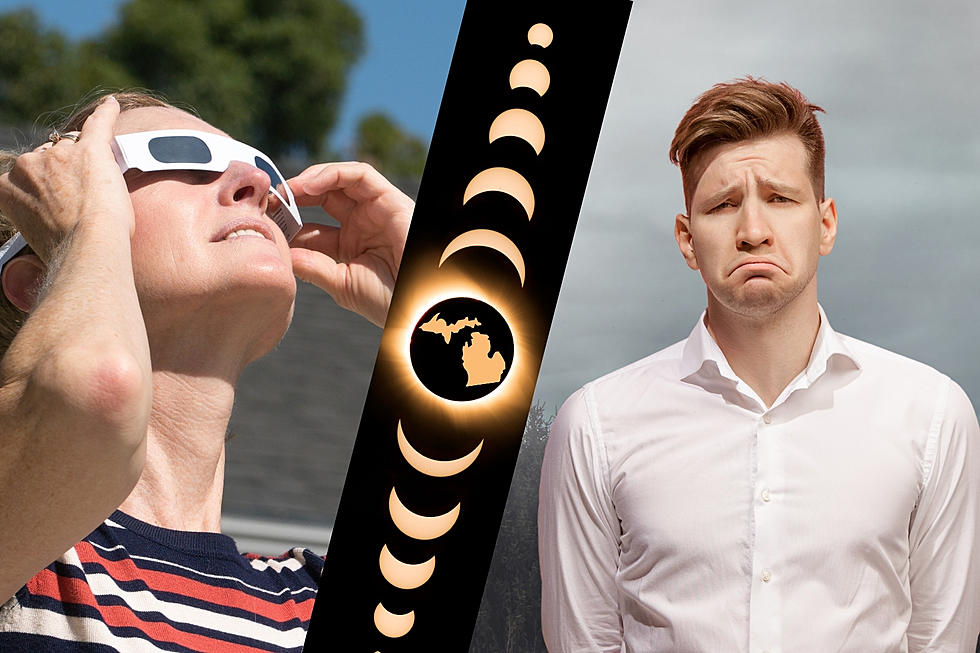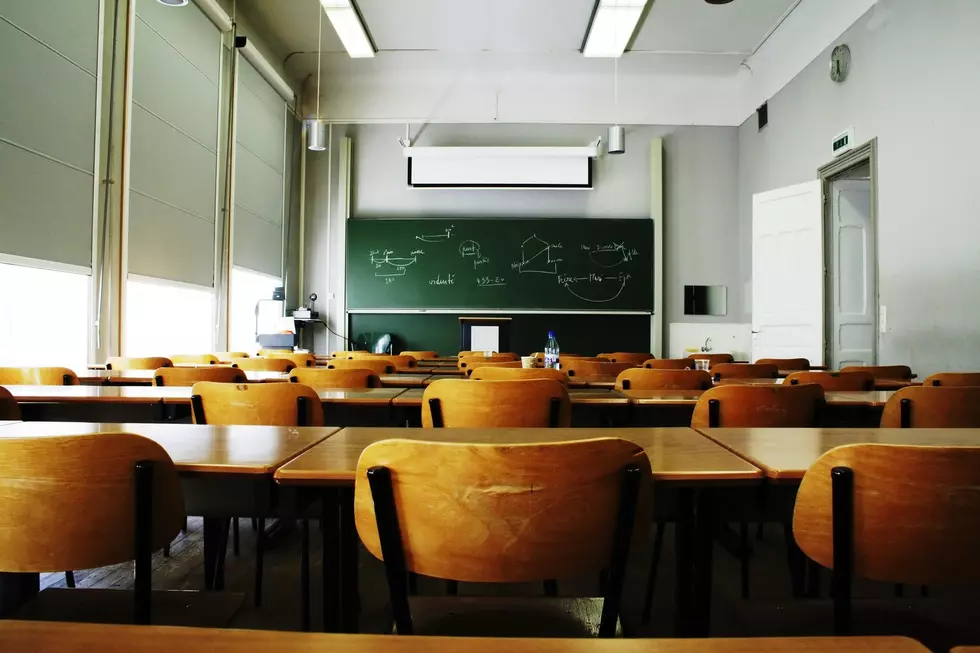
Stockbridge FFA Students Launch Satellite During Eclipse
It wasn't so long ago that launching satellites into space was something only NASA could do.
University teams have now done it. Commercial teams have done it. But the technology is now accessible at the high school level.
SEE ALSO: The Top 15 Schools for Teachers in Michigan
After months of preparation, a group of FFA (Future Farmers of America) students at Michigan's Stockbridge High School launched a satellite during the April 2024 total solar eclipse to explore the potential effects of eclipses on agriculture, among other things.
Stockbridge FFA students Jason Gruber and Brock Rochow were among several who traveled to Indiana to experience April 2024's solar eclipse in totality. Not only did they get the chance to witness the celestial phenomenon firsthand, but they also launched a small cube satellite as part of a groundbreaking initiative to gather atmospheric data and footage from the event.
Needless to say, the experience was "out of this world".

"It was my first eclipse," Gruber said. "I've never seen it before, and it was an amazing experience." Rochow chimed in, adding, "We got to capture some amazing footage of the curvature of the earth."
Purpose of the Stockbridge FFA Satellite
Their project involved launching a high-altitude balloon with a satellite payload, including a cube satellite project that the FFA chapter had been diligently working on for two years. The balloon carried their cube satellite and other equipment, such as GPS trackers and cameras, allowing the students to collect valuable data as it ascended to high altitudes.
The experience was not without its challenges, as Rochow recalled. "We had to track the balloon's trajectory and recover the payload after it landed. It was a race against time, but the thrill of the chase made it all worthwhile."
Gruber reflected on the project's agricultural implications. "Collecting atmospheric data during events like solar eclipses can provide valuable insights into how crops are affected by changes in temperature, light, and radiation."
Side Benefits From the Satellite Launch Experience
The collaborative nature of the project allowed the students to engage with peers from diverse backgrounds, fostering teamwork and camaraderie. Gruber said that working with teams from across the country and internationally was a rewarding experience, allowing him and his group to exchange ideas and learn from each other's perspectives.
Stockbridge FFA Advisor Bob Richards explained that future projects could include crop experiments looking at seeds and growing food in space, or just testing equipment and seeing if what they designed works.
What's Next for the Stockbridge FFA?
Richards was president of the Stockbridge High School FFA for a time in the 1980s, and says so much has changed. "When I was in school, agriculture was cows and plows, but now we're putting sensor technology into the barns, into the greenhouses, and we're looking back on our crop land from space. It's an amazing opportunity for kids today."
Gruber and Rochow both intend to pursue mechanical engineering at the University of Michigan once their high school years are over.
PICS: Michigan High School Students Launch Satellite
Gallery Credit: JR
Solar Eclipse 2024
Gallery Credit: Randy Kirby
More From 100.7 WITL









